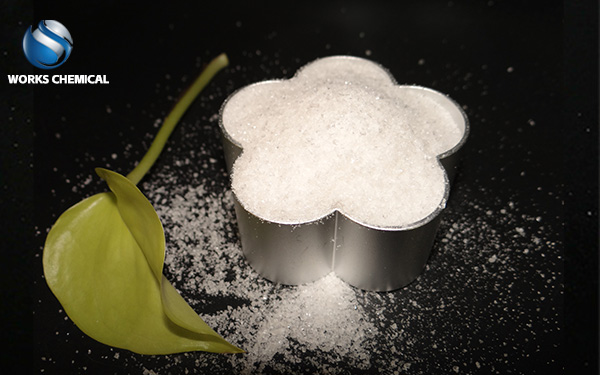
There are various kinds of sludge dewatering agents. The following are some common sludge dewatering agents and their selection methods:

Types of sludge dewatering agents
Acrylamide (PAM)
Type: divided into anionic type, cationic type, non-ionic type and zwitterionic type.
Features: Water-soluble polymer, with excellent flocculation and condensation properties. Suitable for municipal and industrial sewage treatment, especially for biochemical sludge.
Application scenario: cationic PAM is usually selected for sludge with high organic content, such as food, aquaculture, slaughtering, municipal sewage and other industries; The sewage sludge with high inorganic content mostly chooses anionic or non-ionic PAM, such as coal washing, sand washing, mineral processing and other industries.
Polyaluminum chloride (PAC)
Features: Inorganic polymer coagulant, with adsorption and condensation, can gather suspended particles in sewage together to form a larger flocculent, so that it is easy to settle and separate.
Application scenario: It is widely used in sewage and sludge treatment, especially in scenarios where the sewage concentration is not high, such as coal washing plants and sand washing sites. When using belt filter press dewatering equipment, PAC can perform sludge dewatering well.
Polyferric sulfate (PFS)
Features: Highly efficient sludge dehydrating agent, with a wide range of coagulation effect. The suspended particles in the sewage can be gathered together through adsorption and condensation to form a larger flocculent, so as to facilitate dehydration.
Application scenario: It is suitable for the treatment of drinking water, domestic water and various industrial wastewater.
Lime
Features: It has a certain effect in the process of sludge dehydration, but it will corrode the equipment, make the filter cloth hard and need to be replaced frequently, and increase the amount of mud.
Application scenario: It can be used as a sludge dewatering agent in some specific scenarios, but attention should be paid to its corrosion effect on the equipment.
Other agents
Ferric chloride: has chloride ions, and should be carefully selected in areas with high environmental protection requirements.
Ferrous sulfate: It is commonly used to treat wastewater containing chromium and has also shown good results in sludge dewatering.
Sludge enhancer: such as the sludge enhancer, through the multi-target mechanism of wall breaking, releasing bound water, reconstructing sludge surface charge, etc., to achieve sludge deep dehydration, with high efficiency dehydration, environmental protection and energy saving, easy operation and other advantages.
Method of selecting the appropriate agent
Considering sludge properties
Organic matter content: Sludge with high organic matter content usually chooses cationic PAM.
Inorganic content: The sludge with high inorganic content mostly chooses anionic or non-ionic PAM, or inorganic agents such as polyaluminum chloride, polyferric sulfate, etc.
PH value: Some agents are more effective in a specific pH range, and the appropriate agent needs to be selected according to the pH value of the sludge.
Consider processing equipment
Plate and frame filter press: the conditioned sludge can not be too large, otherwise the surface water and gap water of the sludge are wrapped, and the moisture content is still high after filtration.
Belt filter press and centrifuge: need to hold tightly and large, so that through extrusion will form a thick mud cake.
Other equipment: such as ceramic vacuum filter, screw folding machine, etc., also need to choose the appropriate agent according to the type of equipment.
Consider economy and environmental protection
Drug cost: The cost of different drugs varies greatly, and the appropriate drug should be selected according to the treatment cost.
Environmental requirements: Some agents may contain substances harmful to the environment, need to comply with the relevant environmental regulations and standards, choose good environmental protection agents.
Conduct pilot and pilot tests
Before selecting the agent, it is best to conduct small and pilot tests to verify the effect and applicability of the agent. Through laboratory testing and actual operational data, the appropriate agent and dosage can be selected more accurately.